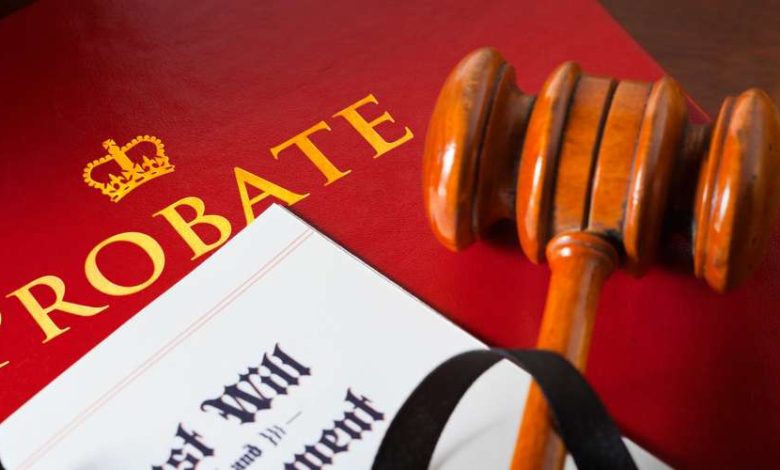What Is Probate, And Do I Always Have To Go Through It?

Probate can feel overwhelming when dealing with a loved one’s passing. It involves legal steps to distribute a deceased person’s assets. You might wonder if you must always go through it. The answer is not always. Some assets, like joint accounts, transfer directly to the co-owner. Others, like life insurance, may pass to named beneficiaries. But, if the person didn’t leave a will or their estate is complex, probate might be necessary. This process ensures debts are settled and assets go where intended. Knowing when probate applies can save time and stress. Foley Freeman, PLLC can provide guidance during these challenging times. Understanding probate helps you make informed decisions and honor your loved one’s wishes. Keep reading to learn more about your options and how to navigate probate with confidence. Remember, you are not alone in this process. Help is available to support you through each step.
When Is Probate Necessary?
Probate becomes necessary when the deceased person owns solely-held assets without designated beneficiaries. Without a will, probate courts step in to determine asset distribution. This legal supervision ensures all debts and taxes are settled. But not every situation requires probate, and understanding your circumstances helps.
Assets That Typically Avoid Probate
Many assets bypass probate and transfer directly to beneficiaries. Here are some common examples:
- Jointly Owned Property: Automatically transfers to the surviving co-owner.
- Retirement Accounts: Passes to designated beneficiaries.
- Life Insurance Policies: Beneficiaries receive direct payouts.
For more details on these exceptions, visit the USA.gov Death and Bereavement page for reliable information.
Steps In The Probate Process
The probate process can be broken down into several key steps:
- File a Petition: Initiates the legal process in probate court.
- Notify Heirs and Creditors: Required public notice to inform about the probate proceedings.
- Inventory Assets: Compiling a detailed list of the deceased’s possessions.
- Pay Debts and Taxes: Ensures all obligations are met before distributing assets.
- Distribute Remaining Assets: Final distribution according to the will or state law.
Understanding Probate Costs
The costs associated with probate include court fees, attorney fees, and sometimes appraisal fees. These costs can vary based on the estate’s complexity. Here’s a simple overview:
| Cost Type | Potential Costs |
| Court Fees | $50 – $1,000 |
| Attorney Fees | Up to 4% of estate value |
| Appraisal Fees | Varies by asset |
How To Avoid Probate
Planning can help you avoid probate and streamline the distribution of your estate. Here are practical strategies:
- Create a Living Trust: Allows property transfer without court involvement.
- Designate Beneficiaries: Ensure all accounts and policies have named beneficiaries.
- Hold Property Jointly: Use joint ownership to enable automatic transfers.
Conclusion
Navigating probate can seem complex, but understanding its necessity and steps makes it manageable. You might avoid probate with proper planning, ensuring a smoother process for your loved ones. When probate is unavoidable, knowing the steps helps you anticipate what lies ahead. Remember, resources and professionals are available to guide you. You do not have to navigate this alone.



